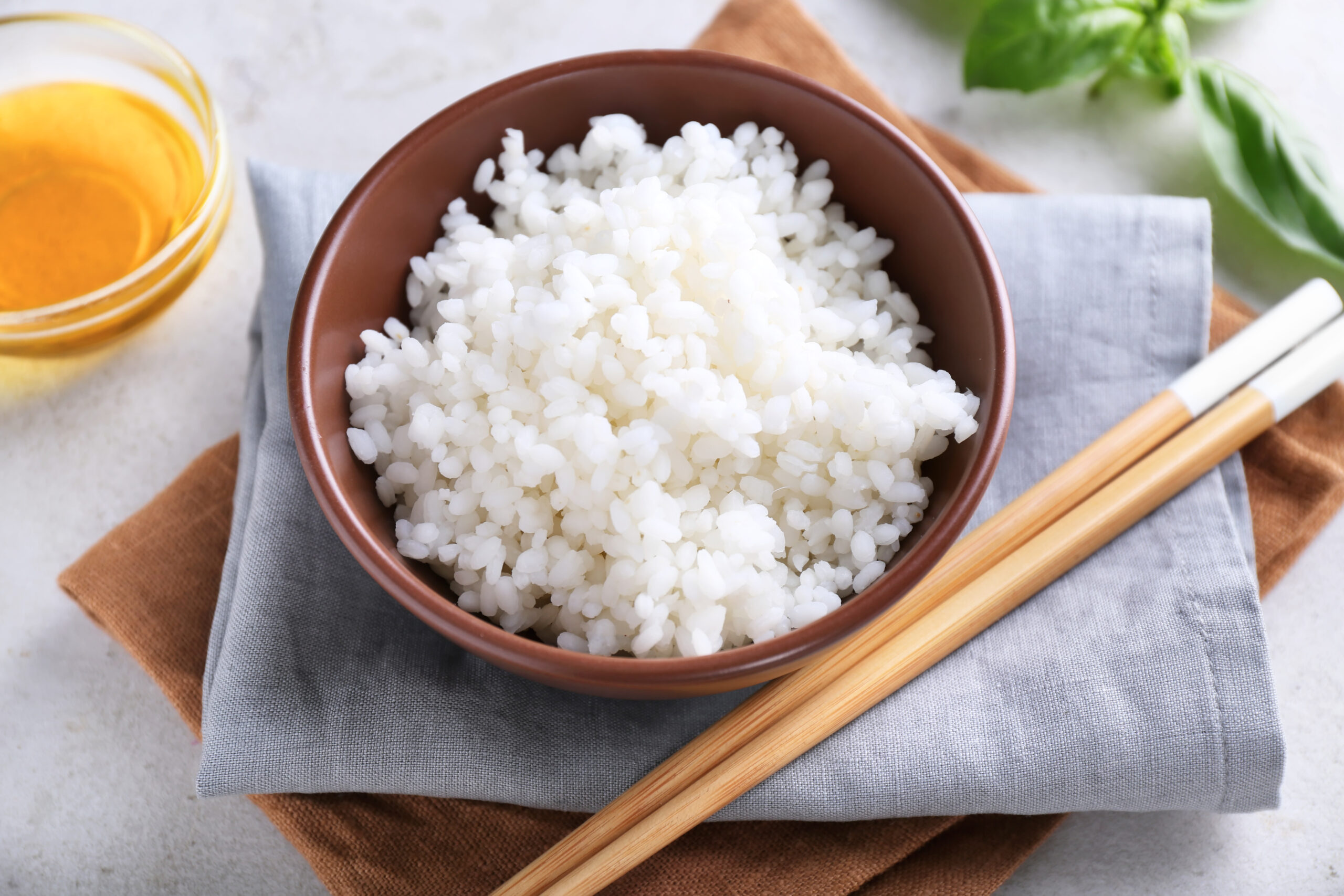White rice is both a popular and staple food for many cultures around the world, especially in Asian, South American, and African nations. A USDA survey found that 510,285 metric tons of white rice were consumed around the world between 2021-2022. If the trend holds, it will only increase over time. Therefore, the public should be aware of some of the health concerns that have arisen surrounding this grain.
1. Increases Likelihood of Type II Diabetes
Diabetes Mellitus 2, or Type II Diabetes, is a condition defined by the body’s cells’ resistance to insulin, decreasing the ability to process sugar. This can lead to kidney disease, stroke, and other serious conditions. It’s a serious epidemic worldwide, especially in the USA. The CDC reports that 10.5% of the US population has diabetes, and 90-95% of those cases are Type 2. According to a study from Critical Reviews in Food Science and Nutrition, having more stable and lower blood sugar levels after eating is vital for diabetes intervention and management. Blood glucose is commonly managed through the glycemic index (GI), which rates carbohydrates by their speed of glucose release and how much it increases your blood glucose. White rice is one food that is known to have a higher glycemic index. While white rice consumption does not directly cause diabetes, every serving of white rice increases the risk of developing it by 11%. In general, increased consumption of carbohydrates, fat, and sugar heavy foods are common risk factors for developing this condition, making diet an important aspect of diabetes prevention.
Eating foods with a high GI, such as white rice, increases risk of Type II Diabetes development.
Image Source: Andriy Onufriyenko
2. Associated with Incidence of Being Overweight or Obese
Eating excessive white rice can also have a significant effect on body weight and condition. A study of Iranian adolescents found that in the their consumption of white rice, participants in the top third had double the risk for abdominal obesity than those in the lowest third. Obesity itself can lead to a myriad of other health concerns such as hypertension, high cholesterol, heart disease, fatigue, and more. The study also found that the same group had a lower quality of diet and other nutritional deficiencies. This may have been the result of substituting nutrient dense foods in calcium or Vitamin C for white rice. Even though consuming white rice may be an easy way to satisfy hunger, it can actually deprive bodies of necessary nutrients.
Though this information can seem concerning, the world shouldn’t necessarily shun white rice from the dinner table. However, it is important to be aware that eating more white rice can negatively affect health. Like many other foods, it is best to eat it moderation. It also helps to be aware of what foods are risk factors for developing conditions and to keep a balanced diet.
Featured Image: © Pixel-Shot/ Adobe Stock










